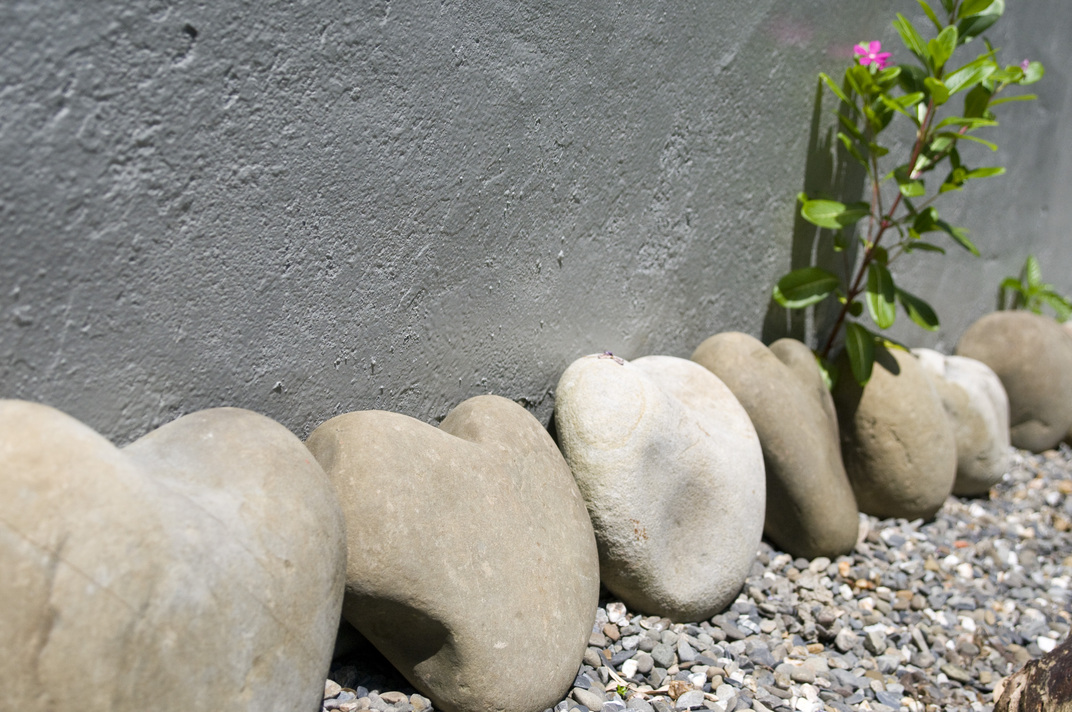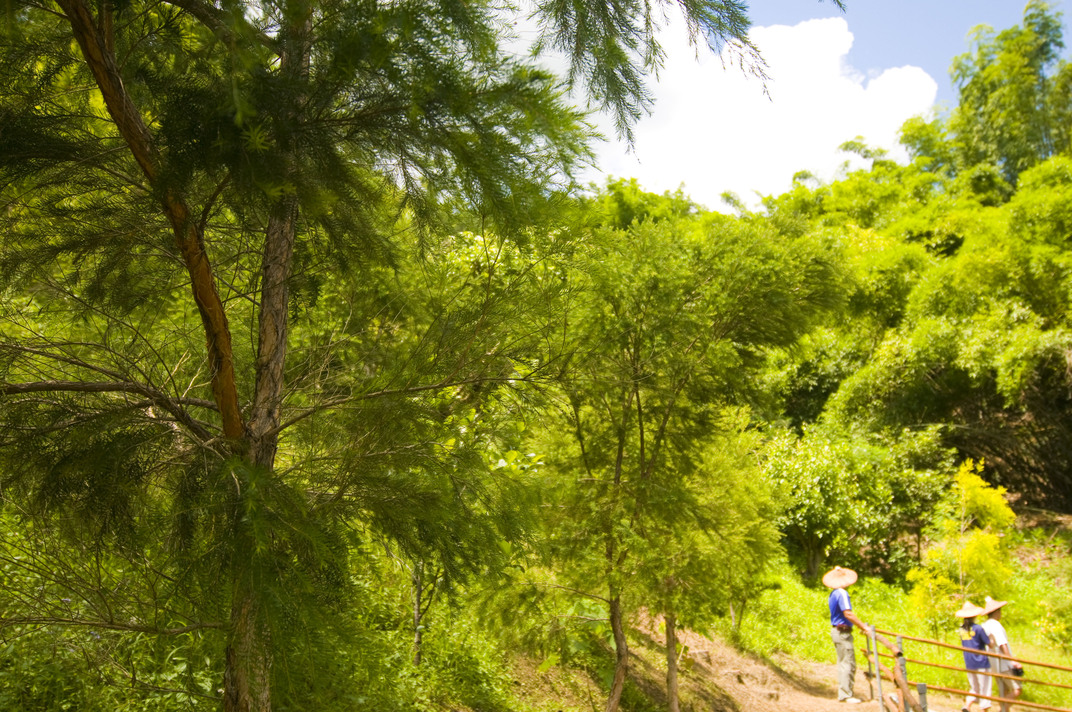

CHUAN SHAN JING
“Chuan Shan Jing” spans an expansive area of 5 acres. Its name is derived from the mountains, rivers, hidden landscapes, as well as the pangolins that have been the neighbors with the owner’s family for over three generations.
Introduction
Every stone and tree in Chuan Shan Jing hold the memories cultivated by three generations of the family. Grandfather Lin purchased the land with money earned from bamboo logging and established a pig farm. Despite receiving numerous awards, it was forcibly relocated due to being designated as a water source protection area in 1998. In 2019, second-generation Lin Wenshun and his wife planted 150 Australian tea trees and established a field of hibiscus flowers, along with decorative elements like bald cypress trees and pink shower trees. Thus, the leisure farm site gradually took shape.
The layout of Chuan Shan Jing resembles a pangolin, based on the principle of preserving the land’s topography. Wild animals such as Chinese muntjacs often appear at night to drink and forage, while pangolins, listed as an animal of conservation value, also frequently roam the area. Human and animals coexist harmoniously on this land.


On the hillsides, native trees from low-altitude Taiwan forests are planted, such as Taiwan incense-cedar, beech, sweet gum, Chinese tulip tree, and Indian rosewood. No pesticides or herbicides are used, allowing natural species to thrive and leaving a better future for the next generation.
Australian tea trees and melaleuca trees, both belonging to the Myrtaceae family, have gray-white papery bark that sheds and dances in the wind like snowflakes. In terms of appearance, they have the elegance of pine trees but with finer and softer branches and leaves, creating a gentle and light atmosphere. That is the reason they were chosen as the main crop of Chuan Shan Jing. The farm primarily produces tea tree essential oil and hydrosol. Essential oil is a particularly precious product, as only 80cc of oil can be distilled from 3 kilograms of tea tree leaves and twigs, accounting for less than 3% of the total weight.
Features of Agricultural Tourism
Herbs
- Tea Tree Essential Oil Making Experience: The Lin family, deeply grateful for the land that has nourished three generations. The tea tree essential oil making experience starts with the ringing of the bell of peace, then the tea leaves are picked after a declaration of appreciation for their contribution. The process includes washing, selecting, and distilling, the process taking around 1.5 hours.
Nature stroll: Embark on a journey through the park, walking along the Chuanshan Trail to admire the scenery, pay respect at the abode of the Earth God, pass through Fengdongzi, and stroll through bamboo forests and secluded valleys. The excursion takes about 40 to 60 minutes in its entirety.
Culinary Delights: Enjoy light snacks such as braised eggs, dougan, taro cakes, edamame, and the locally-produced and sold hibiscus osmanthus tea (Chuan Shan Drink).






